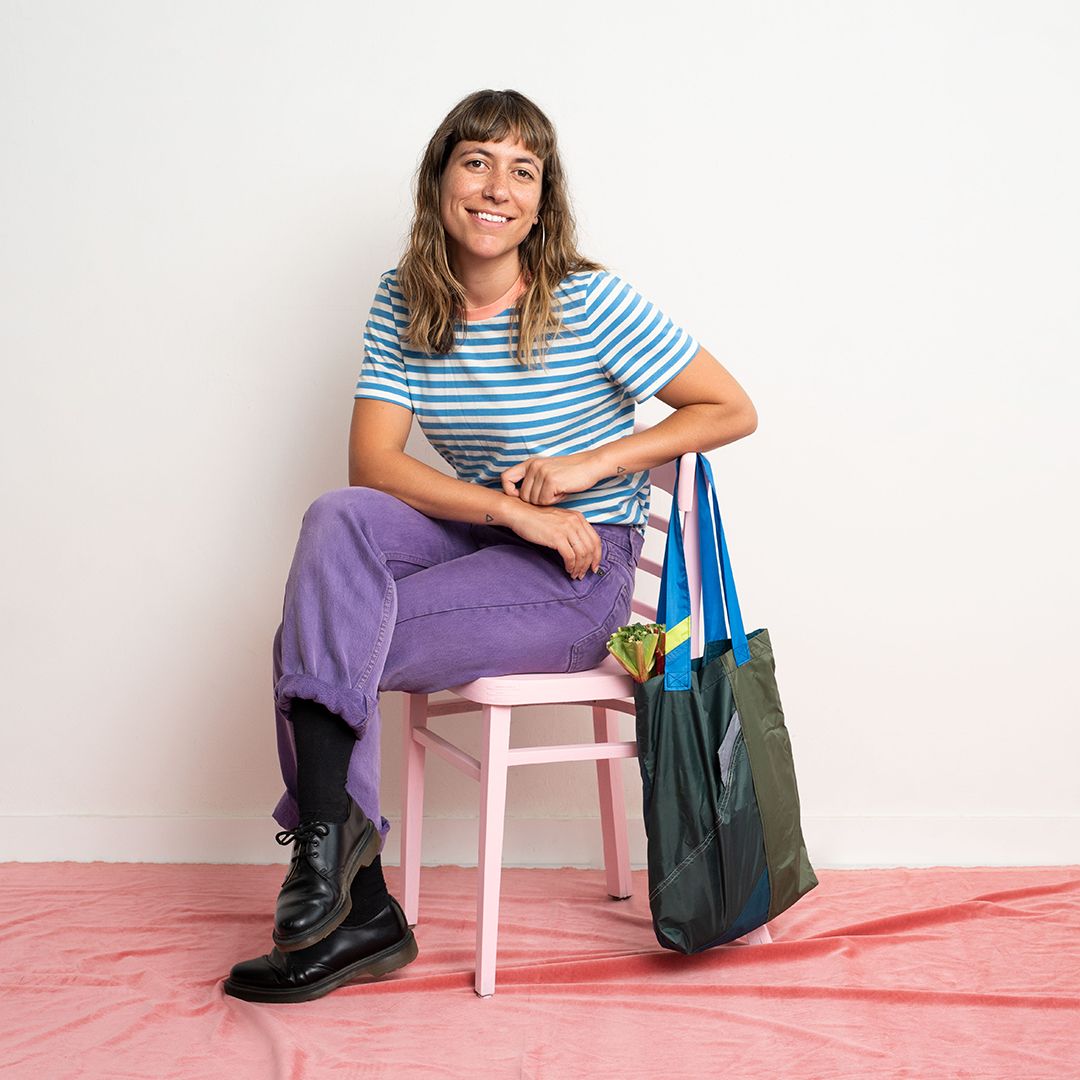
About
Human-centred designer, facilitator and founder of E tū Rachel’s work centres around educating others to reimagine waste by curating events and spaces that enable audiences to see it’s full potential.
E tū means ‘stand’ in Maori - a connection to Rachel’s Maori ancestry. Founded in 2018, E tū is taking a stand for the environment by raising awareness of the impact the fashion and textile industry has on our planet. She is doing this reimagining festival textile waste turning abandoned tents into limited-edition bags and by highlighting the urgent need for industries, designers and consumers to move away from the current linear system of take-make-dispose to a circular system one that makes smart use of the earth’s resources by keeping them in circulation for longer.
"I believe open-source sharing is a way of using tech as a force for positive change and that by sharing knowledge and experimentation (particularly when working with waste materials) could accelerate a shift towards a circular economy in the design community. At the same time, I think we need to talk about the benefits of knowledge sharing as a way for society to remove itself from the invisible silo's we've found ourselves in and move forward together. At E tū we give away our design secrets by creating open-source videos and how-to guides to inspire others to make their own bags from textile waste. I welcome anyone wanting to reimagine waste to do so - the more people participating in this conversation the better it is for the environment. Let's start sharing! "
— Rachel 2021
Waste Material
Rachel founded in E tū in 2018 after seeng a steady increase in the number of abandoned tents getting discarded at VIctorian music festivals. With the realisation that these usable materials were being sent directly to landfill, Rachel - creative problem solver set out to do something about it.
E tū is on a mission to divert 1000 tents from landfill by 2025, and build an open-source library of waste to wear tutorials to inspire others to join the movement diverting textiles from landfill.
Image caption - Festival waste collection, 2018